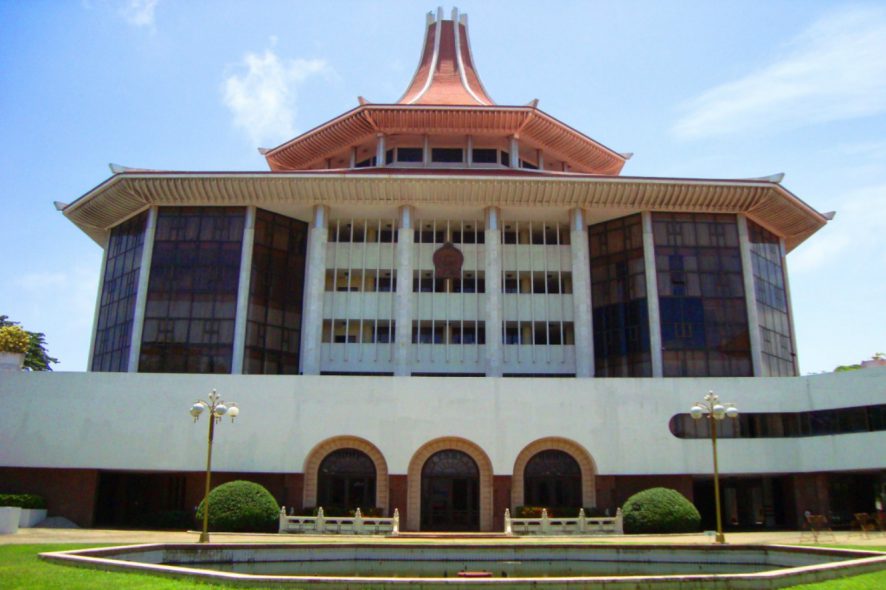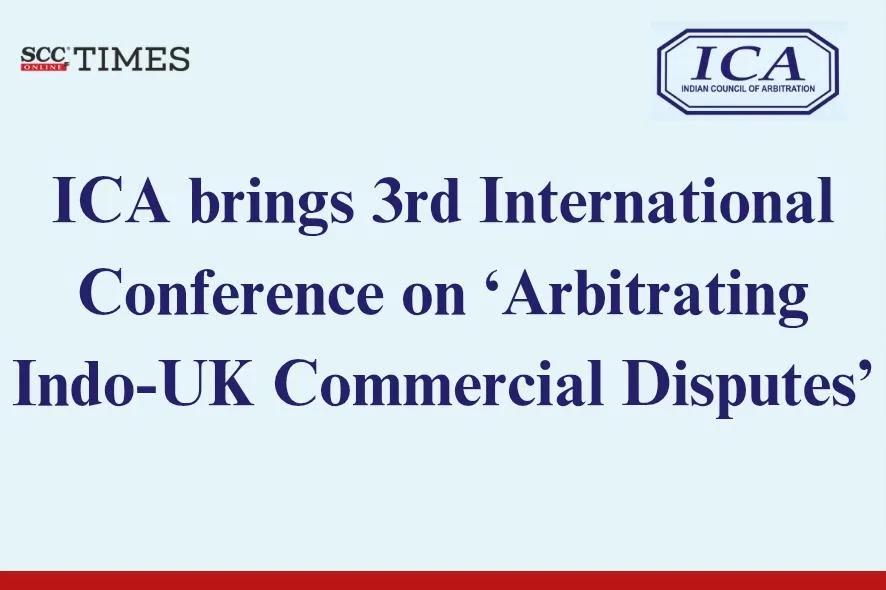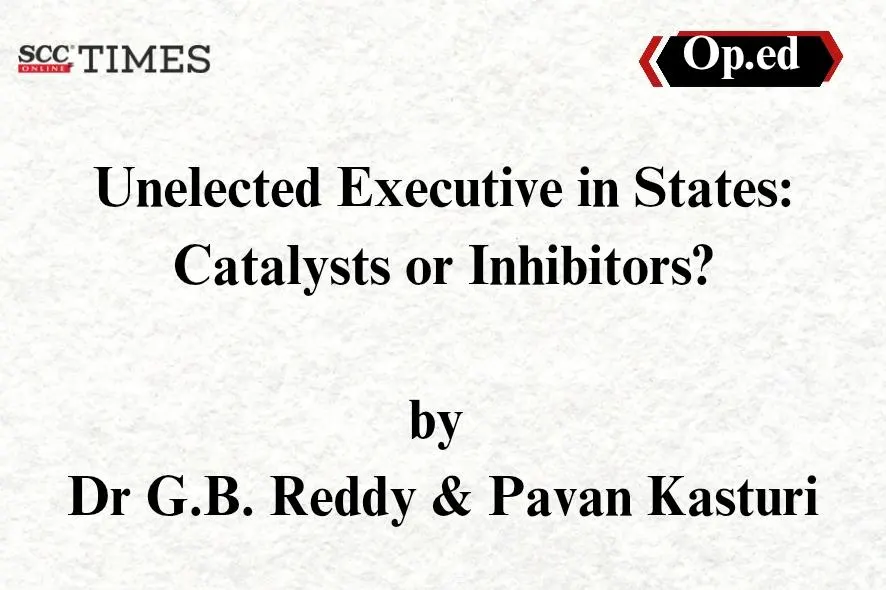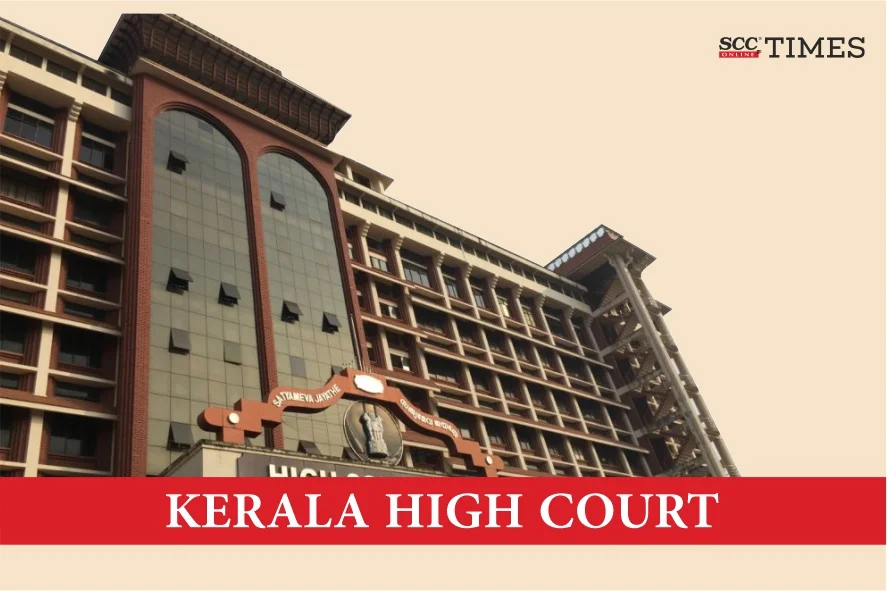Court of Appeal of the Democratic Socialist Republic of Sri Lanka: A Division Bench of Mahinda Samayawardhena and Arjuna Obeyesekere, JJ., while hearing a writ petition dismissed it without costs.
The Petitioner was arrested in connection with the Easter Sunday terror attacks on 21-04-2019, by a team of officers of the Criminal Investigation Department led by the Respondent 6. Petitioner was detained on Detention Orders P11 (a) and P11 (b) signed by the President under the Prevention of Terrorism (Temporary Provisions) Act. Before the second Detention Order lapsed, the Petitioner had been released by the Criminal Investigation Department on 29-09-2020. In the petition, it was mentioned that “the release of the Petitioner by the CID as aforesaid clearly contemplates the fact that the CID has concluded investigations in this regard and there was no evidence/proof to proceed with the investigations and/or prosecution against the Petitioner.” However, the petitioner admitted that from the time of his release, fervent attempts were made to re-arrest him.
The Court stated that the release of a suspect by the police during the course of an investigation does not amount to the acquittal of an accused by a Court of law. The Court further explained that Article 12 of the Constitution recognises equality before the law and the equal protection of the law as a fundamental right. Article 13 states no person shall be arrested except according to procedure established by law. However, there is no blanket prohibition in law preventing a suspect from being re-arrested, albeit on solid grounds in terms of the law.
The Court disagreed with the petitioner’s counsel when he submitted that the Attorney-General could not have summoned officers of the Criminal Investigation Department to revisit the matter because it had already been concluded mentioning Section 393 of the Code of Criminal Procedure Act to emphasise the powers given to the Attorney-General in the investigation of an offence. The Court stated that although Petitioner took pains to demonstrate that there is no evidence to connect the Petitioner to the Easter Sunday terror attacks, this Court cannot scrutinise the said evidence and express views on the same. In any event, that contention is confined to the evidence unearthed up to the point of the Petitioner’s release. The investigation is continuing. The Court while dismissing the petition explained that the writ Court cannot monitor criminal investigations as a Magistrate, or perhaps even the Attorney-General, does. Nor can this Court require the Criminal Investigation Department to file further reports appraising the Court of progress of the investigation, to consider whether re-arrest is justifiable. Such matters may be pursued in a different forum.[Bathiudeen Mohamed Riyaj v. C.D. Wickramaratne, 2020 SCC OnLine SL CA 3, decided on 21-10-2020]
Suchita Shukla, Editorial Assistant has put this story together













Great Post!